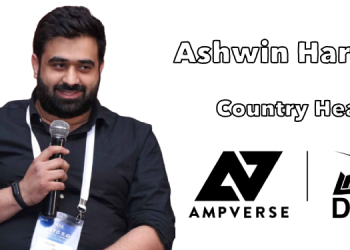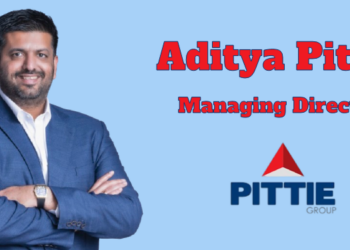Looking back at the last decade of Panga, I see several decisions that, unknowingly at the time, became the cornerstone of our success. Of course, there were also some missteps – moments where, in hindsight, I feel a bit foolish. But that’s all part of the learning process. For anyone starting a new setup, here’s a quick guide based on the lessons we’ve learned over the years.
1. Don’t Cut Costs on Support Functions like HR & Finance
In the early days of starting a business, it’s tempting to save money by handling HR and finance functions yourself or outsourcing them cheaply. However, these support systems form the backbone of your agency’s sustainability. A well-structured HR department ensures that you attract and retain the right talent, while a robust finance function helps you manage cash flow, taxes, and profitability effectively. Cutting corners here may seem cost-effective in the short term, but it could lead to long-term headaches.
2. Meet People: Networking Is the Most Underrated Skill
As a founder, building relationships is key. Networking might seem overrated at first, but it’s one of the most valuable tools for growing your agency. Every coffee meeting, industry event, or casual introduction could lead to future partnerships, collaborations, or clients. People need to know you exist before they can work with you, so make networking a priority.
3. Understanding Your Client’s Business Is the Most Important Thing
In our industry, knowing your client’s business inside and out is more critical than anything else. It’s not enough to be creative; you must understand the client’s objectives, challenges, and market landscape to deliver impactful solutions. This deep understanding fosters trust, encourages long-term partnerships, and ensures that your strategies align with their goals.
4. Brands Matter, But Don’t Play the Carrot Game
While having big brands in your portfolio is important for credibility, don’t fall into the trap of chasing high-profile clients at the cost of your agency’s values or financial stability. Some brands might offer you visibility, but they often come with unrealistic demands or unsustainable pricing. Focus on long-term relationships that provide value to both sides instead of being lured by the “carrot” of high-profile but difficult clients.
5. PR Done Right Is a Great Marketing Tool for Your Agency
Public relations (PR) is an often-overlooked marketing tool, but when done right, it can significantly boost your agency’s visibility. A well-executed PR strategy not only showcases your achievements and thought leadership but also positions your agency as an industry expert. In a competitive space, PR can give you a vital edge in brand positioning.
6. Business Development Isn’t as Crucial as You Think
For the first seven years, we didn’t have a dedicated business development team, and even today, our BD team is minimal. Our philosophy has been simple: good work attracts more work. While business development has its place, focusing on delivering outstanding results for your clients will organically lead to more opportunities, referrals, and growth.
7. You Are Dealing with the Brand Manager, Not Just the Brand
In India, 8 out of 10 brands are driven by brand managers. These individuals wield significant influence over the brand’s direction and, often, the choice of agency. Change the brand manager, and you might see a shift in the agency relationship or the brand’s strategy altogether. It’s essential to build relationships not only with the brand but also with the people behind it.
8. Don’t Cut Costs When Hiring the Right Candidate
Good talent is expensive, but it’s worth every penny. When you find the right person who aligns with your agency’s culture and values, don’t hesitate to invest in them. Cutting costs when hiring may save you money in the short term, but it could cost you in the long run if the wrong hire doesn’t deliver or leaves.
9. Hire for Tomorrow, Not Just Today
When building your team, think ahead. Don’t hire for the needs of today; hire people who can grow with your agency and adapt to future demands. Look for individuals who are not only skilled but also willing to evolve as your agency expands and the industry changes. The right hires will help you stay competitive in the long run.
10. Trade a “Good” for the “Best” If It Helps the Culture
Sometimes you’ll need to make tough choices for the betterment of your agency’s culture. Whether it’s swapping out a good process for a better one or letting go of a team member who isn’t a fit, prioritizing culture is crucial. A strong, positive agency culture fosters creativity, collaboration, and long-term success.

















